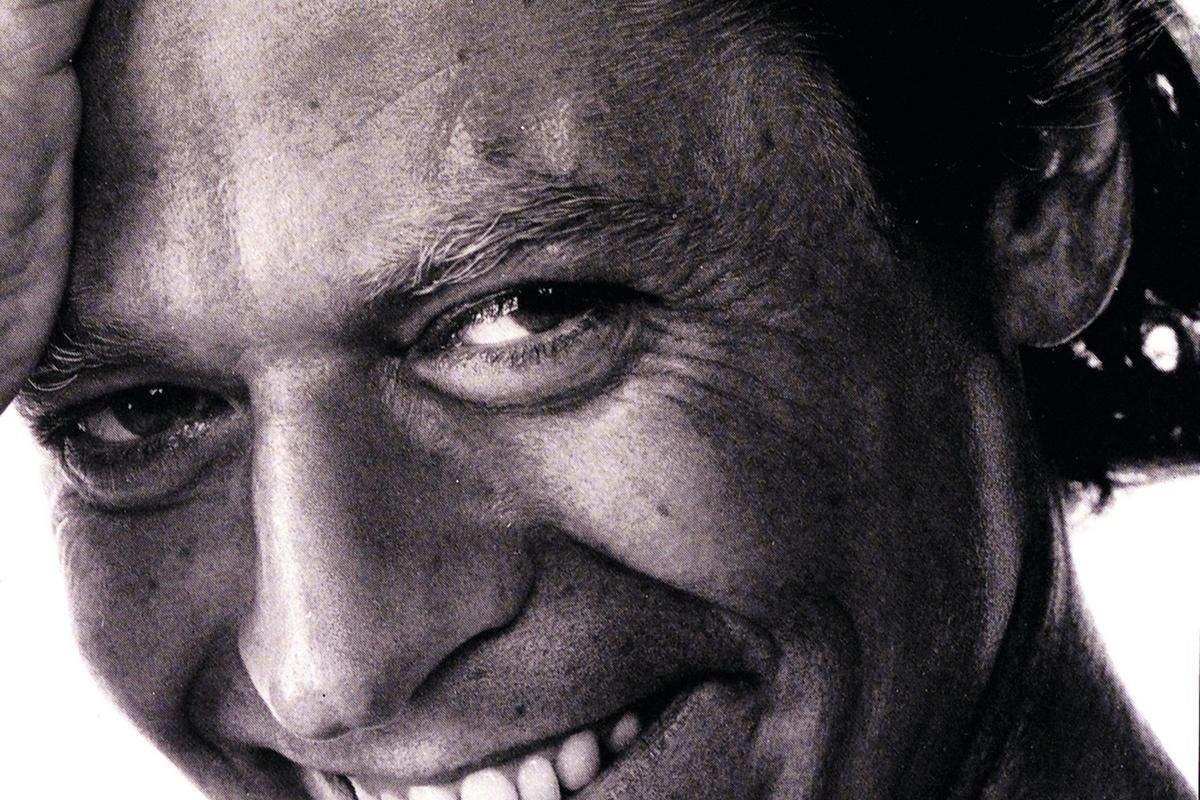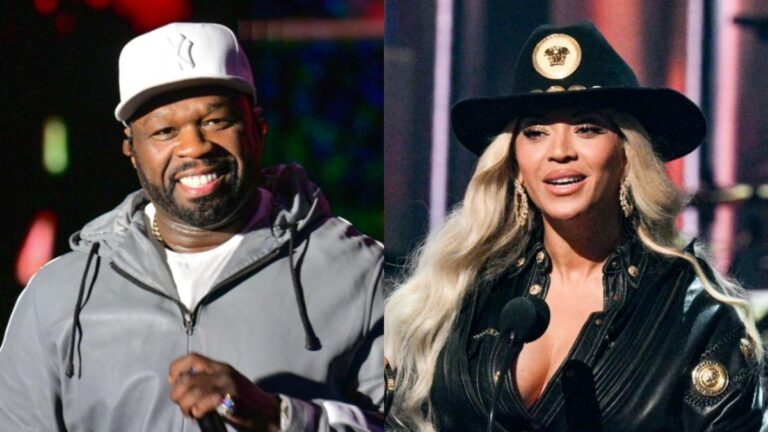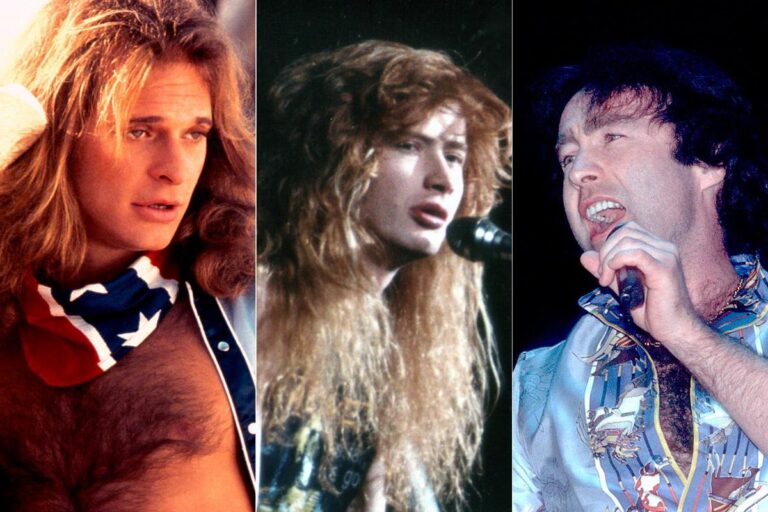While Robert Palmer had enjoyed his share of success, things really exploded when he released 1985’s Riptide. Driven by the explosion of its second single, “Addicted to Love,” which gave the artist his first No. 1, the record launched an unforgettable era for the English vocalist.
Though the groove and allure of “Addicted to Love” was infectious and impossible to ignore as it blew up on the radio and MTV in early 1986, it represented just one layer of Palmer’s varied interests as a music fan. “He had such eclectic tastes,” guitarist Eddie Martinez shares with UCR, as he reflects back on his initial experience working with the soulful singer on Riptide. “He’d listen to Billie Holiday, Nat King Cole and then have Sepultura and Husker Du on the same cassette. It was great music, irrespective of the genre.”
“He cut the tracks live at Compass Point. I remember hearing ‘Addicted to Love’ for the first time. He told me he dreamt the song and then wrote the lyrics,” he continues. “We recorded the tracks with Bernard Edwards producing, Jason Corsaro (Duran Duran, Peter Gabriel, Ozzy Osbourne) engineering and printing all of the stuff. He brought down a Sony 24 track digital machine to the sessions, which as you know, this is pretty early on. People were still hanging with analog, but Jason was such a brilliant engineer.”
READ MORE: How Robert Palmer Dreamed Up ‘Addicted to Love’
The ‘Freedom’ of the ‘Riptide’ Album Sessions
Bernard Edwards, legendary for his own work with Chic, was an important driver for the recording of Riptide. “There was an overall freedom to everyone and what they were thinking about and what we were able to contribute,” Martinez says now. “Bernard was really at the helm. He knew when there was enough, and he would know when to put the brakes on. ‘I think we have enough to make this track be really what it’s intended to be.’ Recording ‘Addicted to Love,’ Jason had created a scenario where [former Chic drummer] Tony Thompson’s drum set was facing out of the room. The doorway to the studio was kept open, and he set up Tony’s drum set right at the opening of that door. Then outside that door there was a long hallway, I’d say, easily, 30 feet, if not longer. He set up microphones, respectively, at different distances and and through his madness, came up with [that sound]. I mean, the drum sounds on that album, and ‘Addicted’ in particular, I just listened to an isolated track of Tony playing on that and was just blown away.”
Watch Robert Palmer’s ‘Addicted to Love’ Video
Martinez toured with Palmer for Riptide and also, 1988’s Heavy Nova. The experience was thankfully commemorated with a live album recorded during the tour for the latter effort. Live at the Apollo documented the final night of the run. Recently released along with two of his subsequent albums on digital streaming services and vinyl, the Apollo gig proves that Palmer and the group were rolling at high octane — and with good reason. “The tour had started in Canada, and the first leg of the tour was 56 shows in 56 days, 56 in 56 days,” he repeats, letting that statistic sink in. “It was incredible. You know, when you’re young and you hit the show every night, you don’t even know what city you’re in. We did [that first leg] and then took a week or 10 days off. Then, we went to Europe and did 14 shows in 17 days. We came back to the States, took maybe a week off and did 57 shows in 59 days and that tour ended at the Apollo. It was a really emotional moment for me, that last show, because it was a culmination of so much work.”
The ’80s were a dizzying time for Martinez, who also played on Mick Jagger’s She’s the Boss album, David Lee Roth’s Crazy From the Heat, Steve Winwood’s Back in the High Life and numerous other records. But he says Riptide was special. “It enabled me to go into everything that I know, or everything I knew at that time as a guitarist, relative to harmony and things like that, in terms of chord voicings,” he explains. “When I think back to those days, what I was able to give and offer had a good, comprehensive sound, relative to what was really needed in pop music and in rock music. As easy as it was for me to get a crunchy sound for ‘Addicted to Love,’ I’d be able to get a really uptight funk kind of thing going on for other types of music. I think that was really important for that record to be able to have that kind of background and apply it to the music. [Riptide] was like a canvas, a blank canvas and whatever you heard, you were allowed to explore? To me, that is, that’s heaven for a guitarist working on a record.”
Listen to Robert Palmer’s ‘I Didn’t Mean to Turn You On’ at the Apollo
See Over 100 Awesome ’80s Retro Rock ‘n’ Roll Wallets
Admit it, these nylon and velcro marvels were the height of cash-carrying fashion.
Gallery Credit: Matthew Wilkening



